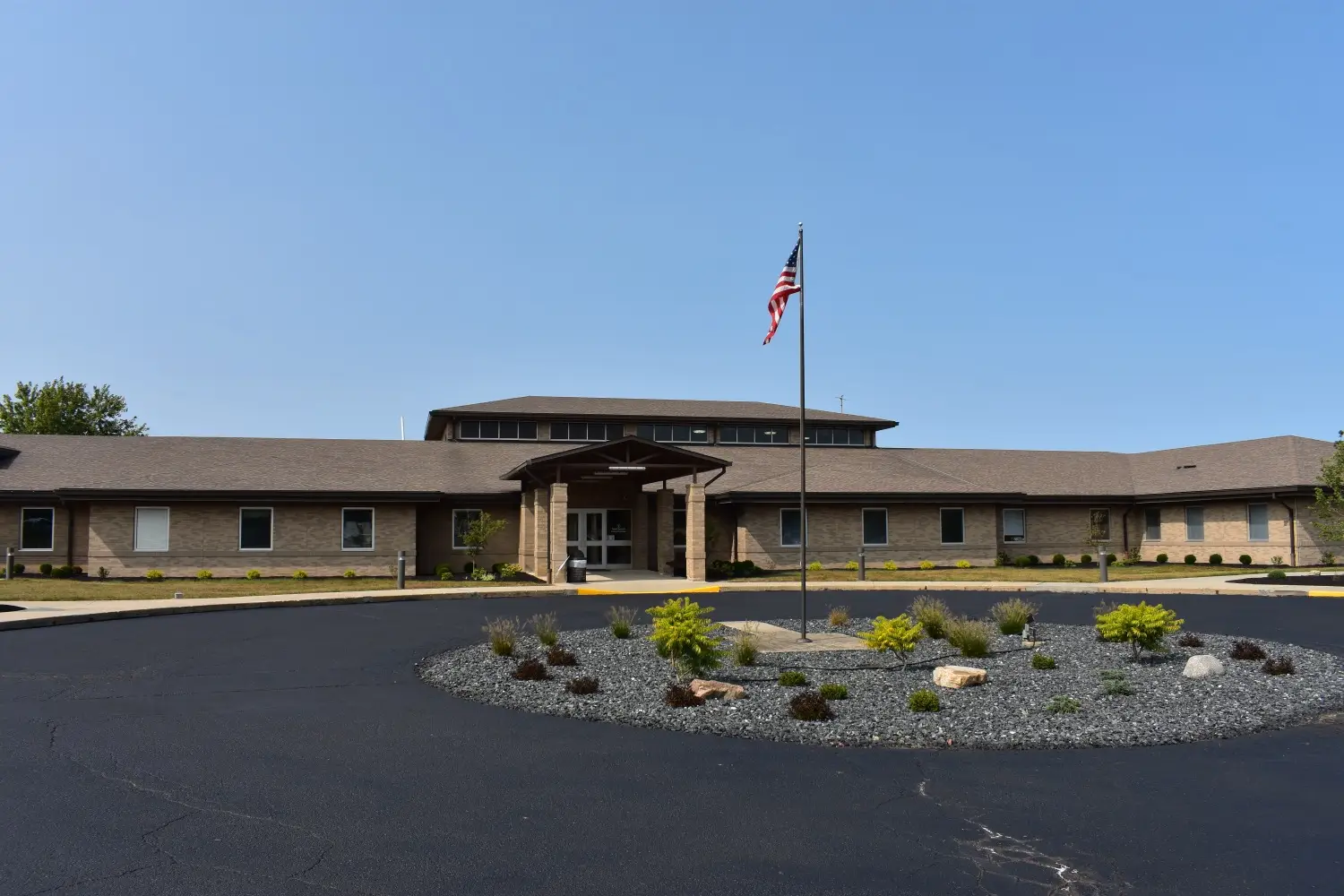A mental health crisis can be overwhelming, frightening, and confusing, whether you’re the individual in distress or a loved one trying to help. In moments like these, it’s vital to act swiftly and thoughtfully to ensure safety and begin the journey toward healing. At Crossroads Healing Centers, we understand how fragile yet critical these moments can be. We are here to guide you through every step, offering professional care grounded in compassion and tailored to your unique needs.
This article will discuss practical steps for what to do in a mental health crisis. By being prepared and informed, you can offer support, seek help, and ultimately find stability.
Recognizing a Mental Health Crisis
The first step in addressing a mental health crisis is recognizing the signs. A crisis can look different for everyone, but typical indicators might include:
- Profound changes in mood or behavior: Sudden withdrawal, excessive agitation, or extreme sadness.
- Threats of self-harm or harm to others: Verbal threats, actions, or suicidal ideation.
- Hallucinations or delusions: Losing touch with reality, hearing voices, or experiencing paranoid thoughts.
- Intense panic attacks or episodes of anxiety: Physical reactions, fear spirals, or an inability to calm down.
- Substance misuse accompanied by mental distress: Excessive drinking or drug use tied to emotional instability.
Whether experiencing these signs yourself or observing them in someone else, responding without judgment is essential. A mental health crisis demands patience, understanding, and a clear plan of action.
What to Do in a Mental Health Crisis
Step 1: Take Immediate Action
Time is critical in a mental health crisis. The priority should always be ensuring safety, both for the individual experiencing the situation and those around them. If someone’s threats or behaviors indicate they are in immediate danger, don’t hesitate to call 911 or a local emergency service for help.
When calling emergency services, please describe the situation clearly and emphasize that it involves a mental health concern. Many communities now have specialized responders trained to handle mental health crises in a compassionate and non-escalatory way.
Step 2: Offer Support
If you’re supporting someone in crisis, remember that your presence and tone can influence how they respond. Sit calmly with the person, listen to them, and let them feel heard. Avoid dismissive statements like “You’ll feel better soon” or “This will pass,” and instead focus on affirming their feelings.
For example, you can say:
- “I can see you’re in pain right now, and I’m here to help.”
- “Tell me what you’re feeling—it’s okay to let it out.”
- “You are not alone. We will figure this out together.”
By offering your support without judgment, you create space for the individual to feel safe and express their emotions.
Step 3: Connect to Professional Resources
The sooner you can enlist professional help, the better. While family and friends can be excellent sources of comfort, addressing a mental health crisis often requires specialized care from trained providers. At Crossroads Healing Centers, we’ve designed our programs to meet individuals where they’re at, especially in moments of acute crisis requiring crisis stabilization.
If the person experiencing the crisis is open to seeking help, guide them toward trusted resources. You can start by:
- Encouraging immediate crisis hotlines or text services: In the United States, dialing 988 connects individuals with the Suicide & Crisis Lifeline for confidential and 24/7 support.
- Researching local mental health facilities: Look for programs or centers in your area that provide stabilization services, such as therapy, inpatient care, or outpatient support.
- Contact us at Crossroads Healing Centers: We provide comprehensive, innovative care personalized for everyone. Reaching out doesn’t need to wait for a perfect moment—our team is ready to jump in where you are now.
Step 4: Practice Self-Care
Mental health crises don’t just affect the individual—they can send shockwaves through relationships, families, and communities. If you’re closely involved, your emotional well-being matters too. Take moments to breathe, reflect, and seek your support as needed.
We encourage loved ones and caregivers to access therapeutic services themselves because mental health recovery is strongest when everyone feels cared for and supported.
Step 5: Look Toward Long-Term Solutions
While crises are immediate challenges, they often point toward deeper struggles that need ongoing attention. After the immediate situation is under control, it’s time to investigate what’s causing distress.
Mental health treatment is not one-size-fits-all. At Crossroads Healing Centers, we blend advanced therapeutic practices, cutting-edge research, and individualized care plans to guide our clients toward sustainable wellness. Whether it’s trauma, depression, anxiety, or anything in between, our team is committed to finding the right path forward for everyone.
What Not to Do in a Crisis
When facing a mental health crisis, there are specific actions we should avoid to reduce risk:
- Don’t minimize the situation or assume it will resolve on its own.
- Don’t try to “fix” the person or force them to rationalize their feelings.
- Don’t ignore professional resources or delay seeking help.
Instead, focus on creating safety, building trust, and connecting individuals with resources that meet their immediate needs.
Learn What to Do In a Mental Health Crisis with Crossroads Healing Centers
A mental health crisis is not the end of the road—it’s a call for change, healing, and growth. Whether you’re the person in crisis or someone supporting a loved one, you don’t have to go through this alone. Knowing what to do in a mental health crisis can prepare you for how to handle the situation with care.
At Crossroads Healing Centers, we specialize in providing compassionate, professional care for individuals struggling with mental health challenges, including those at crisis points. We offer advanced therapies, state-of-the-art facilities, and support tailored to everyone.
Contact us today if you’re ready to take the next step or want to start a conversation. With courage, clarity, and care, we can move toward healing.
Take control of your mental health. Let us walk alongside you. Reach out to Crossroads Healing Centers–your partner in mental wellness in the Midwest.

















